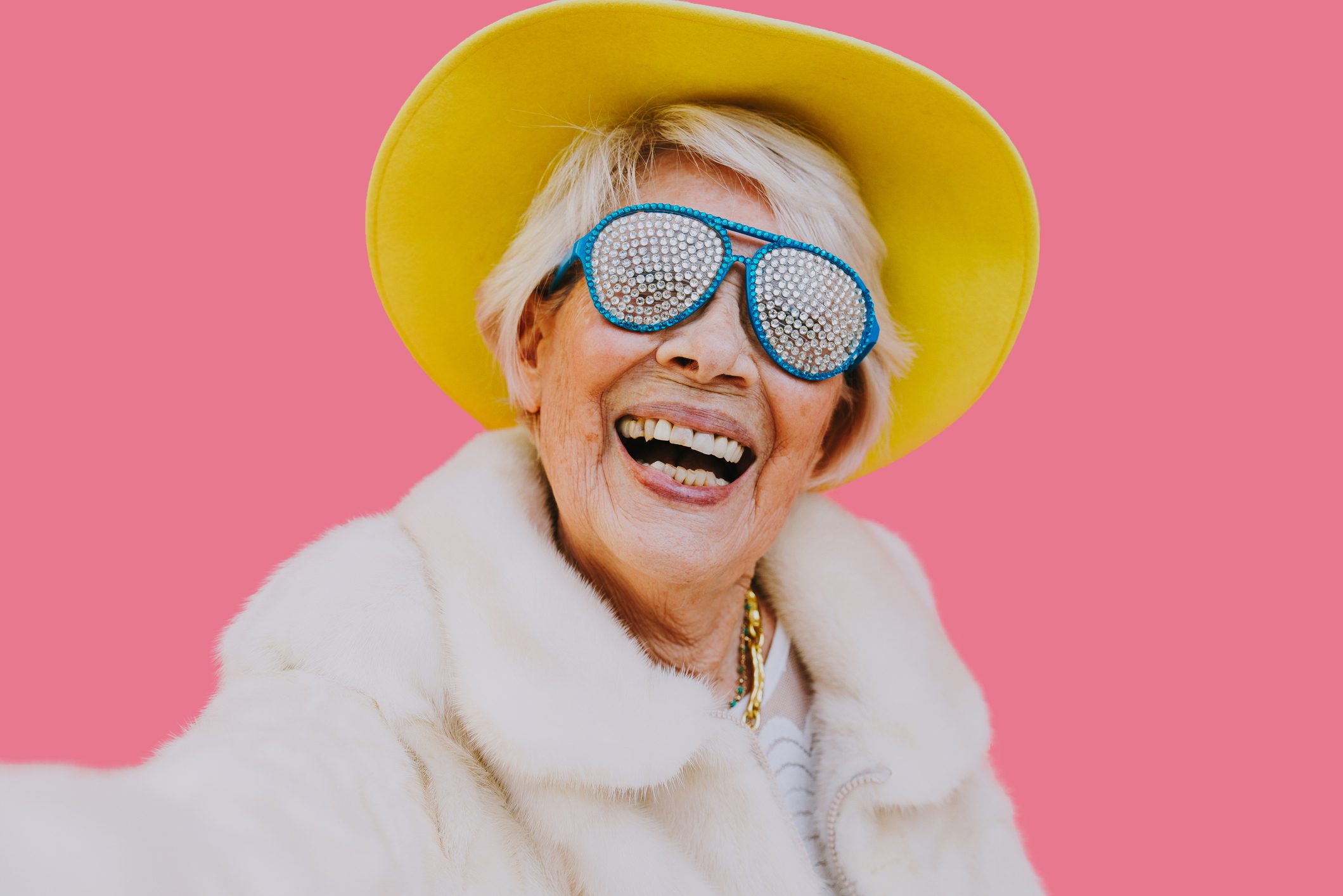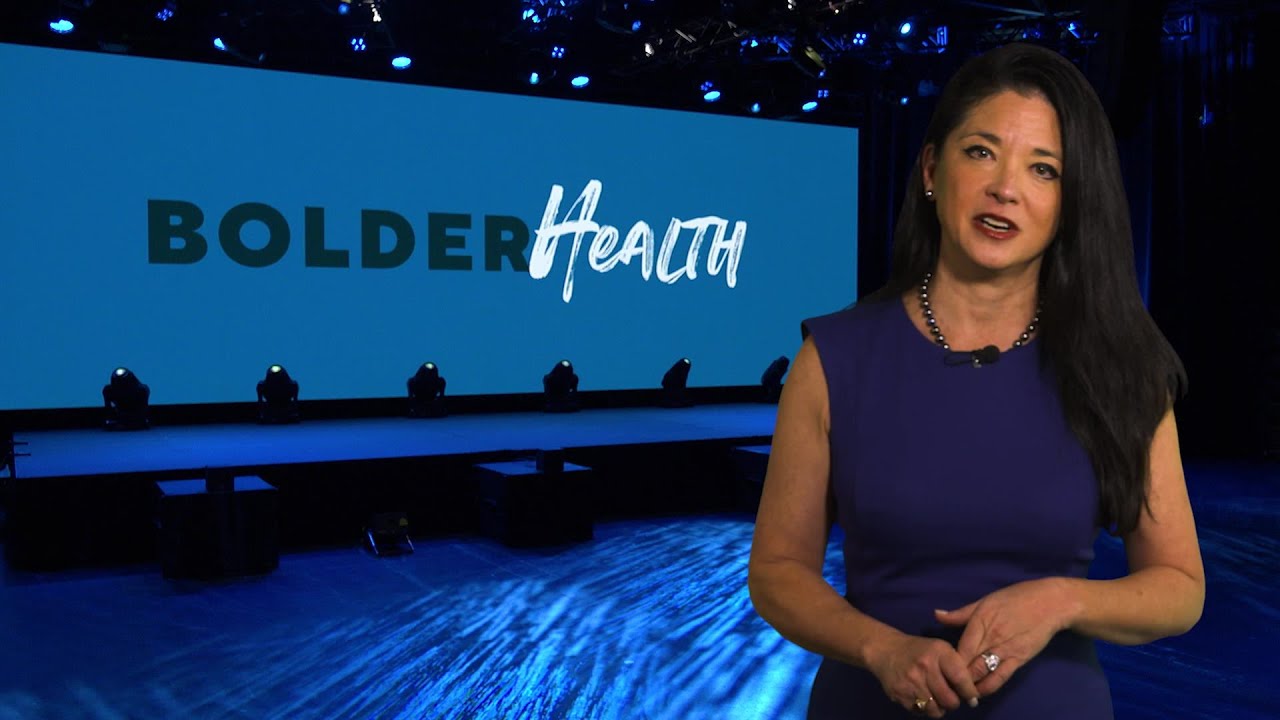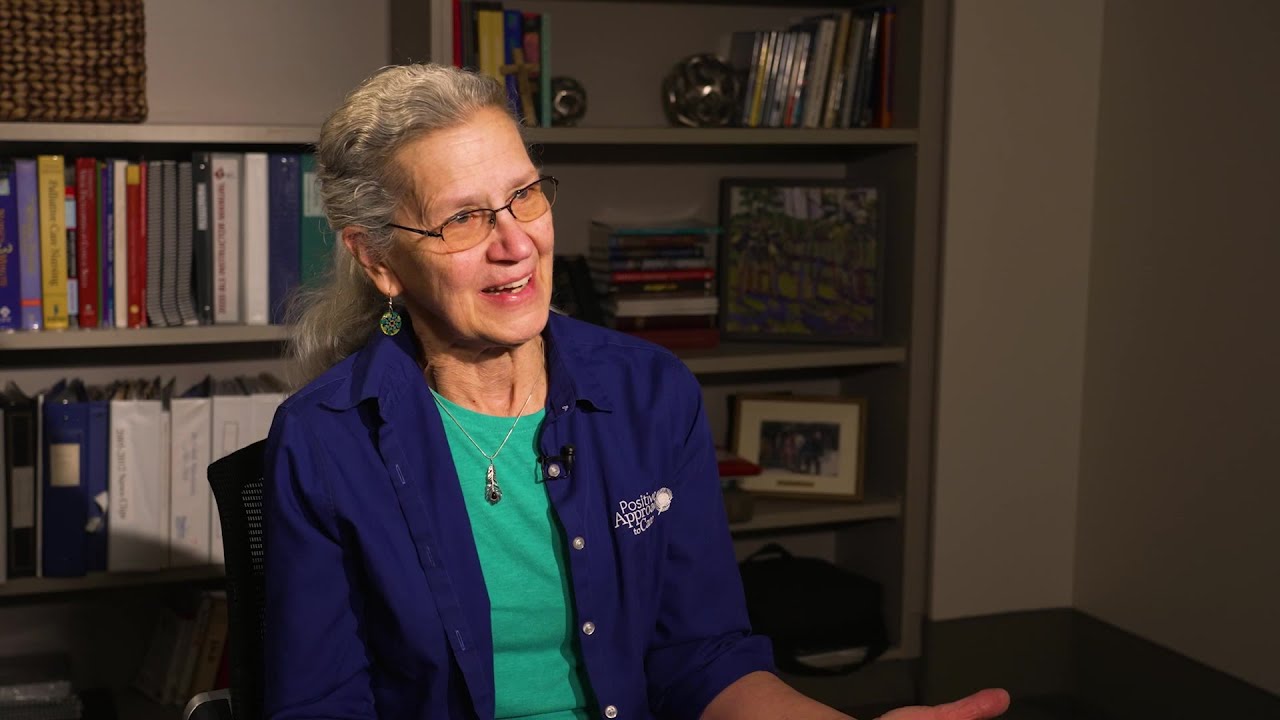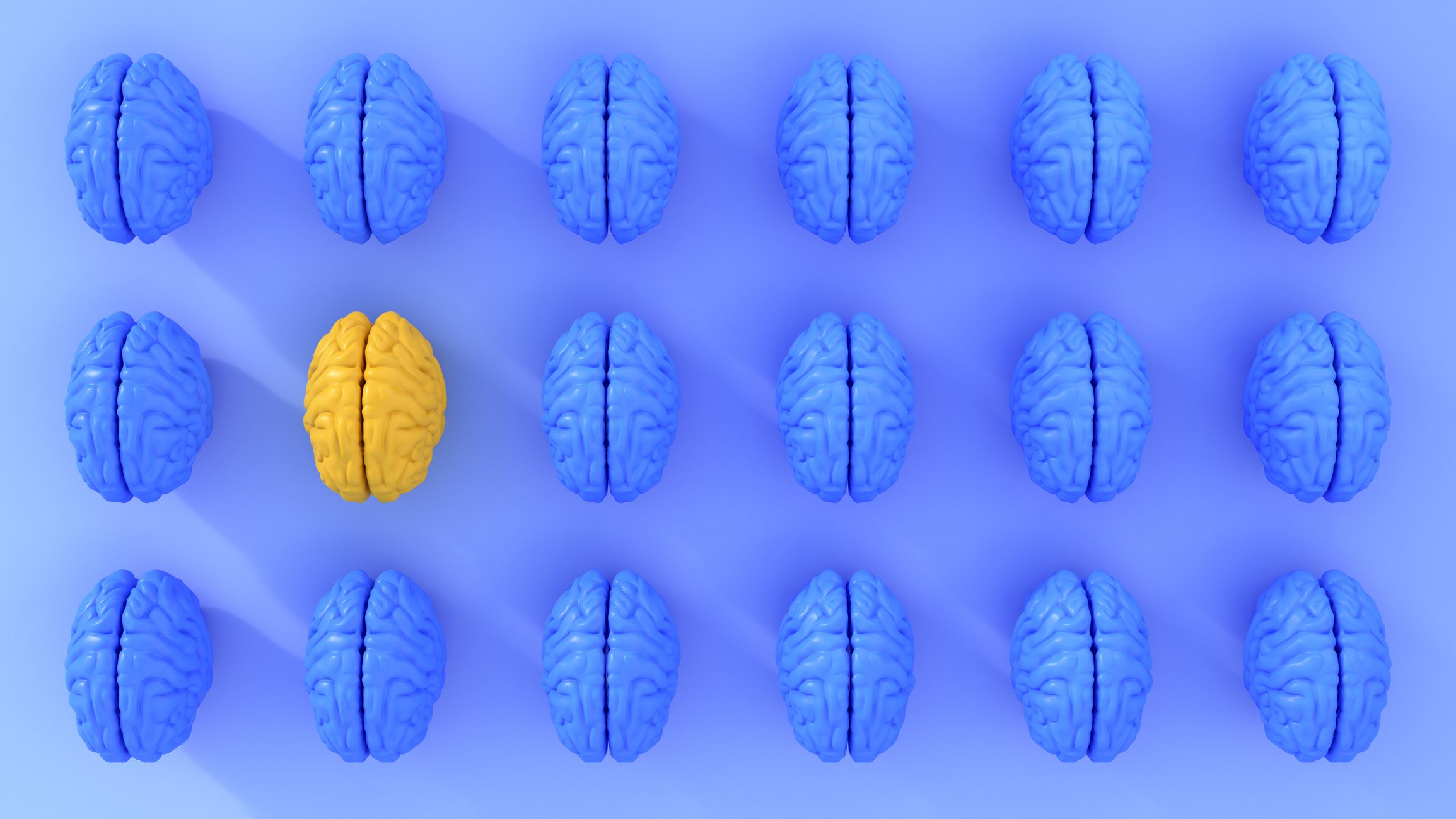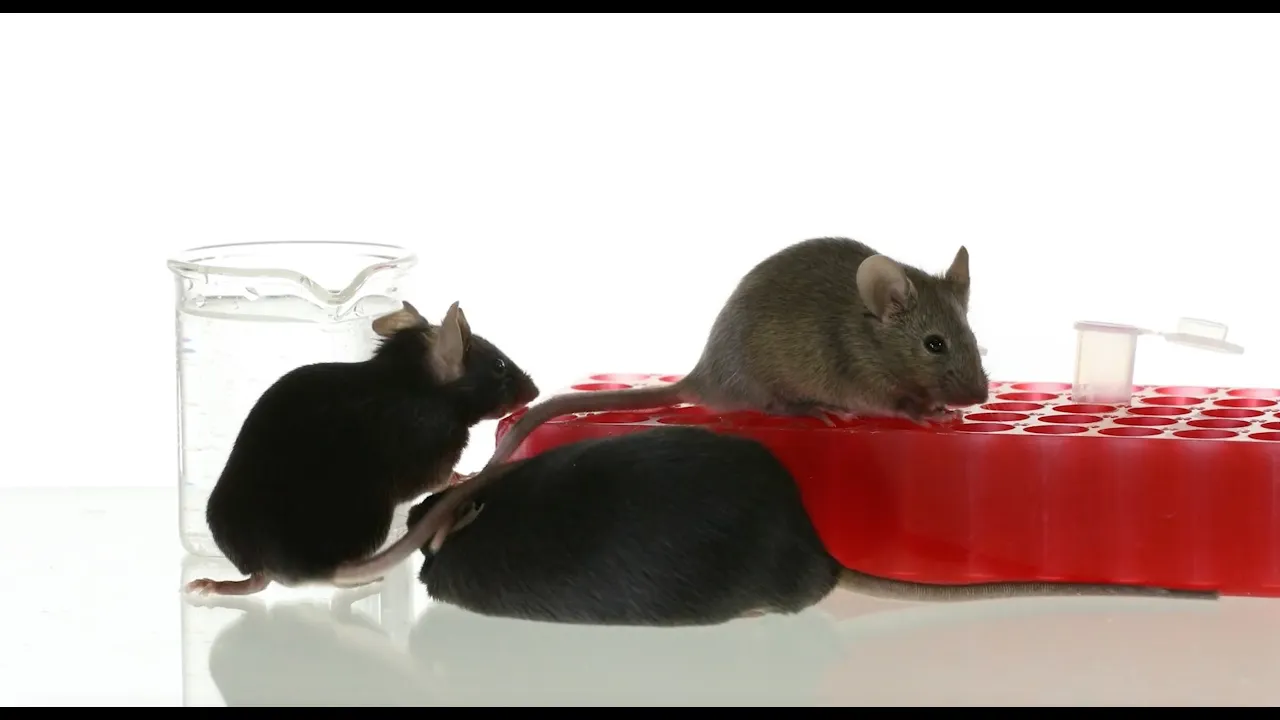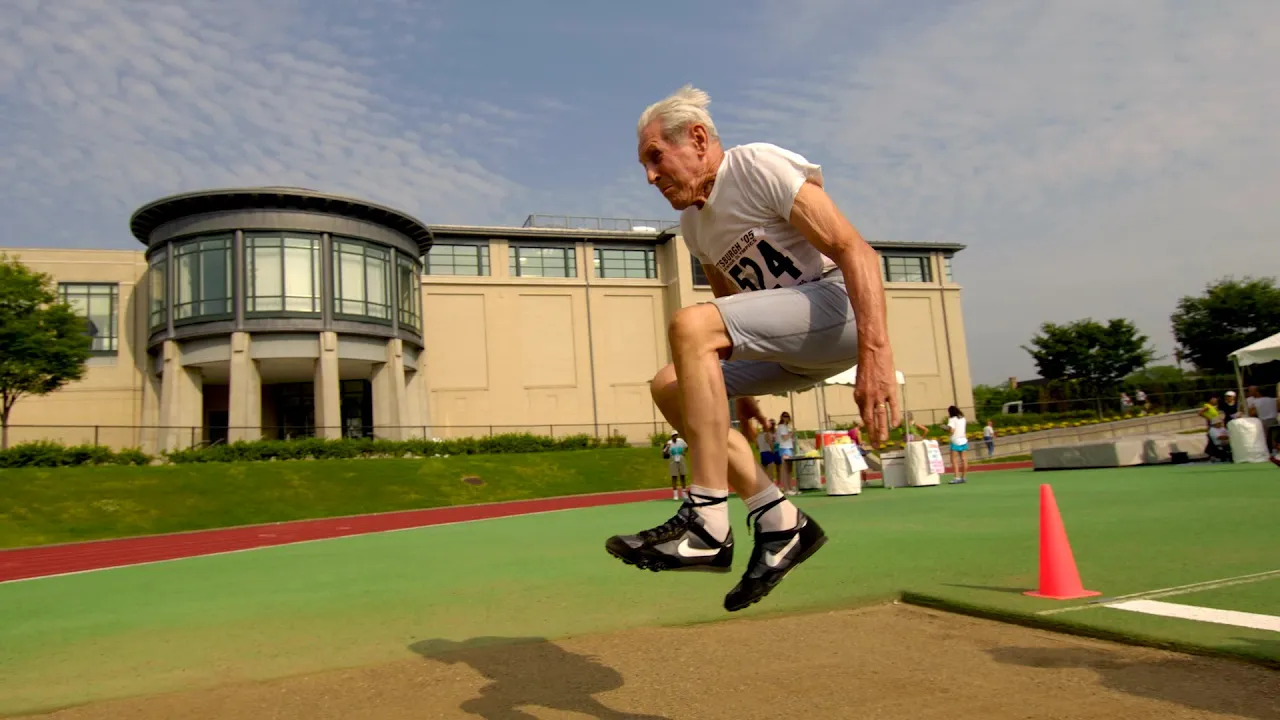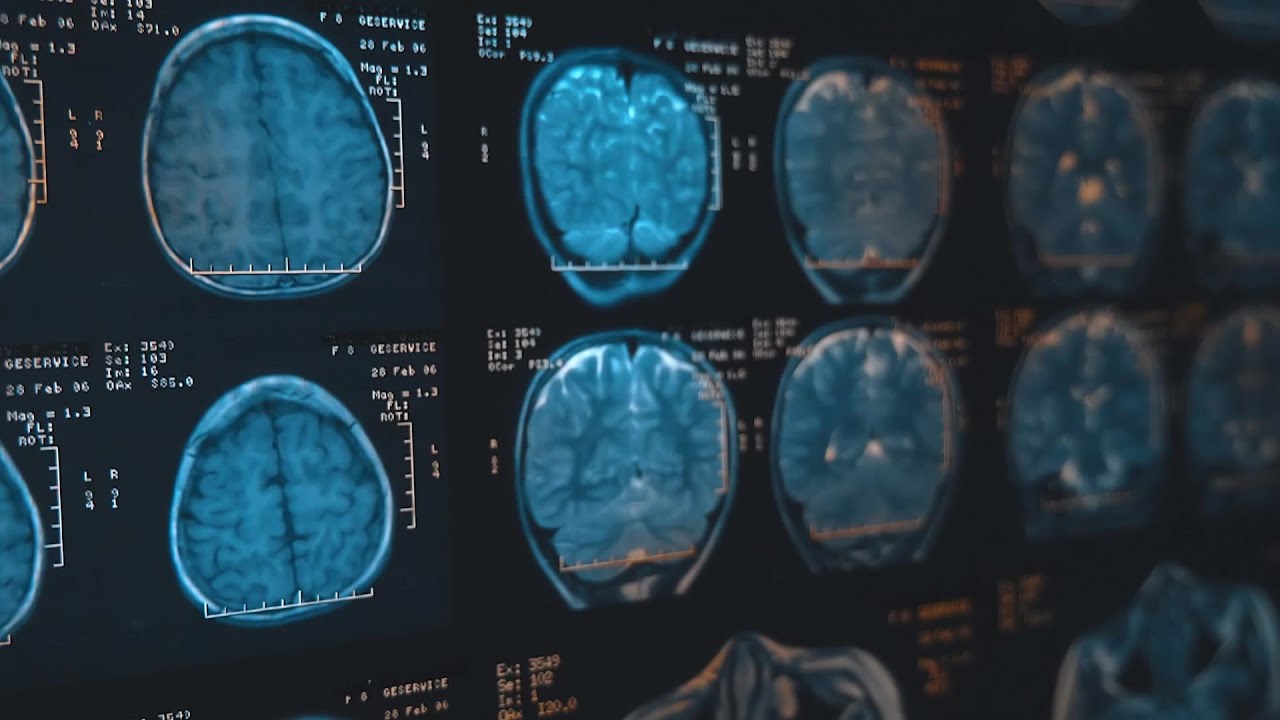Last Updated on May 27, 2021
Feeling depressed? Anxious? It’s not unusual these days to feel that dark emotional tug, living in a world of greater uncertainty because of the Covid-19 pandemic.
But what to do with those feelings is much like looking at two doors and picking one or the other.
A new UC Berkeley study suggests that you choose wisely.
Its study, published in the journal eLife, indicates that as things get more chaotic, it becomes harder for people with clinical anxiety or depression to make good decisions and try to move on from their mistakes.
Conversely, one’s judgment can improve by focusing on the positive and what they get right.
“When everything keeps changing rapidly, and you get a bad outcome from a decision you make, you might fixate on what you did wrong, which is often the case with clinically anxious or depressed people,” said study senior author Sonia Bishop, a professor of neuroscience at UC Berkeley. “Conversely, emotionally resilient people tend to focus on what gave them a good outcome, and in many real-world situations that might be key to learning to make good decisions.”
UC Berkeley researchers used 300 adults for the study. They included people with major depressive disorder and generalized anxiety disorder. A history of dealing with anxiety and depression came into play.
Those who experience both understandably had the most trouble adjusting to changes when performing a computerized task stimulating a volatile or rapidly changing environment.
On the other end of the spectrum, participants who are emotionally resilient adjusted more quickly to changing conditions based on previous actions they had taken to ward off anxiety and depression.
It’s not as simple as this of course, but think of it the way Zig Ziglar frames it:
Your attitude, more than your aptitude, will determine your altitude.
“We found that people who are emotionally resilient are good at latching on to the best course of action when the world is changing fast,” Bishop said. “People with anxiety and depression, on the other hand, are less able to adapt to these changes. Our results suggest they might benefit from cognitive therapies that redirect their attention to positive, rather than negative, outcomes.”

